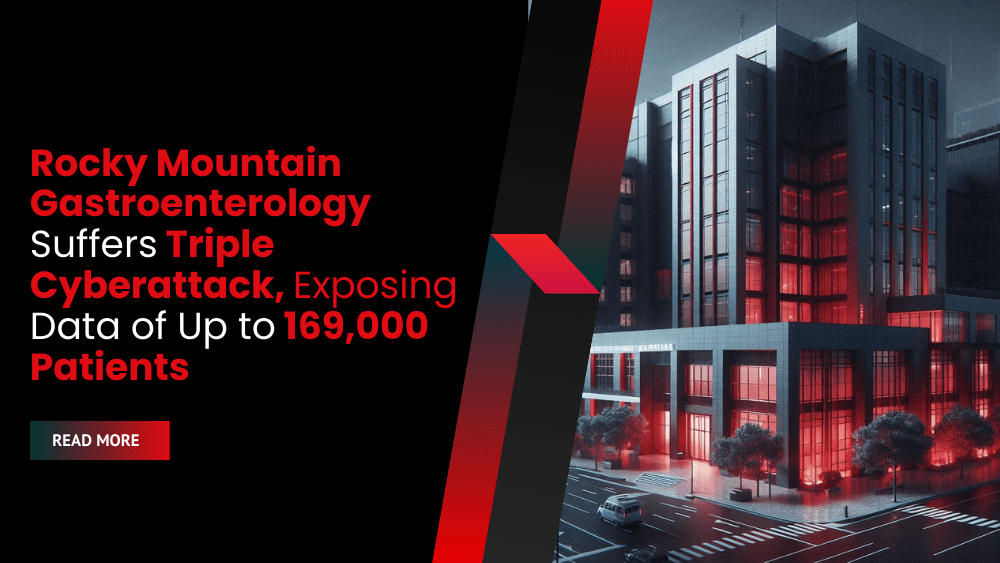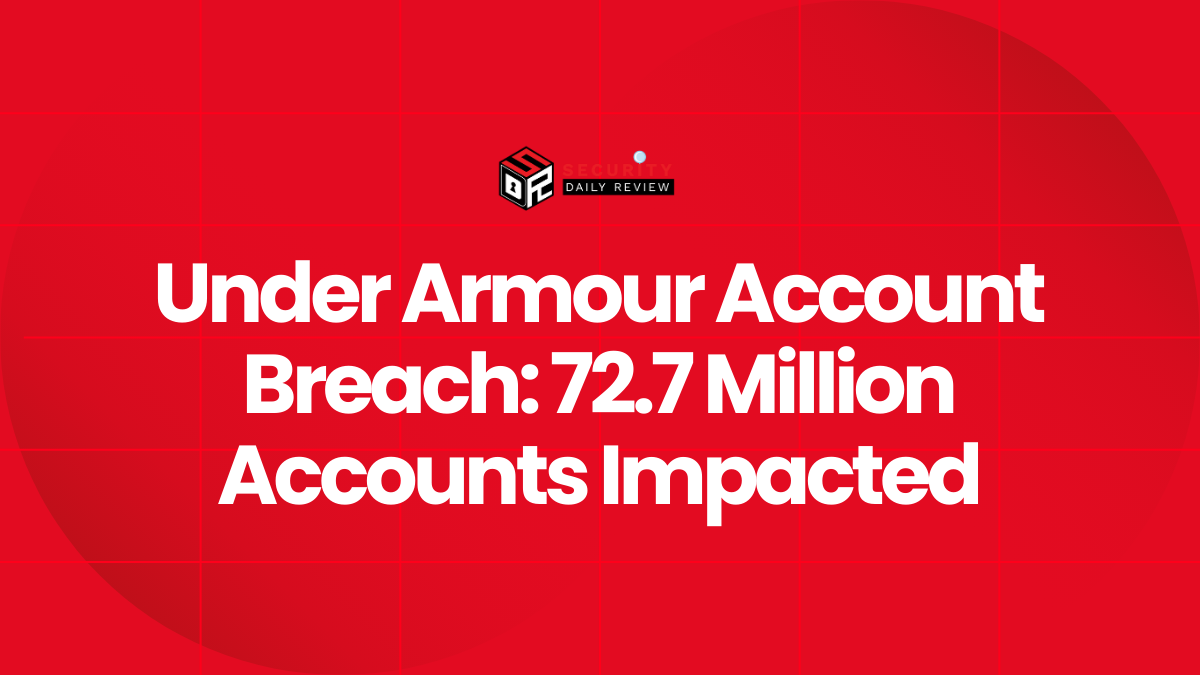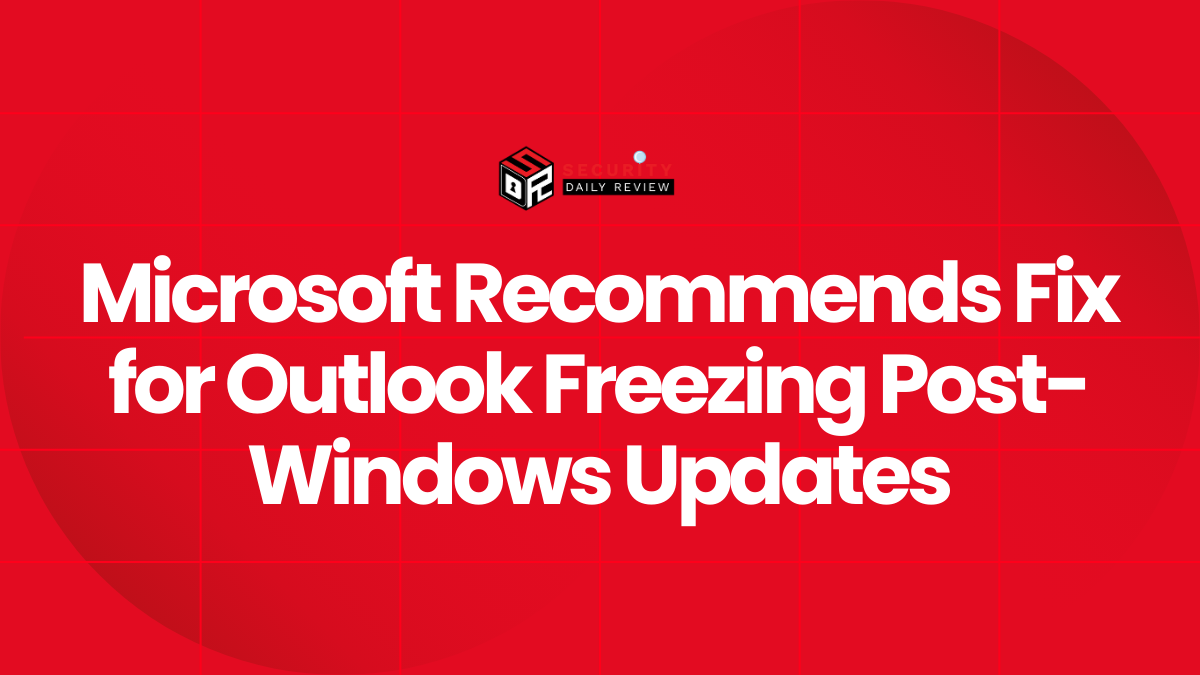A Wave of Cyberattacks Targeting Patient Data
On October 21, 2024, SuspectFile, a cybersecurity news outlet, published a report detailing a significant data breach at Rocky Mountain Gastroenterology (RMG). The report alleges that RMG endured not one, but three separate cyberattacks in rapid succession, perpetrated by three distinct threat actor groups. This unprecedented series of attacks resulted in the potential exposure of sensitive patient information affecting an estimated 169,000 individuals. The sheer volume and coordinated nature of this Rocky Mountain Gastroenterology triple cyberattack represent a serious escalation in the targeting of healthcare providers.
The SuspectFile article paints a concerning picture. While the exact timeline of each attack remains unclear, the report indicates that the attacks occurred within a month of each other. Intriguingly, when contacted by SuspectFile, two of the three groups claimed their attacks were independent and unrelated. This raises questions about the level of coordination, or lack thereof, among the attackers. Regardless of the attackers’ motivations or connections, the consequences for RMG and its patients are severe.
The Extent of the Data Breach: A Comprehensive Overview
The leaked data, a sample of which was obtained by SuspectFile, is alarming in its comprehensiveness. The compromised information includes a wide range of sensitive details, encompassing patients’ names, genders, Social Security numbers, addresses, dates of birth, phone numbers, email addresses, medical information, and health insurance details. This extensive data exposure leaves patients vulnerable to a multitude of risks, including identity theft, medical fraud, and financial exploitation. SuspectFile’s analysis suggests that the data breach potentially affects information belonging to 169,834 patients treated between 2015 and 2019. The sheer volume of data compromised underscores the gravity of this Rocky Mountain Gastroenterology triple cyberattack.
Rocky Mountain Gastroenterology’s Response and the Path Forward
At the time of SuspectFile’s article publication, RMG had not yet issued a public statement or responded to the allegations. However, if the claims are substantiated, RMG will be legally obligated to send data breach notification letters to all affected individuals. These letters will inform patients of the breach, the types of data compromised, and steps they can take to mitigate potential harm. The lack of immediate response from RMG adds to the uncertainty and concern surrounding the incident.
The Rocky Mountain Gastroenterology triple cyberattack highlights the increasing vulnerability of healthcare organizations to sophisticated cyber threats. The scale of the breach and the range of sensitive data compromised necessitate a thorough investigation and a swift response from both RMG and relevant authorities. Patients who believe they may have been affected should take proactive steps to monitor their credit reports, financial accounts, and medical records for any signs of unauthorized activity. Consulting with a data breach lawyer can also provide valuable guidance on protecting their rights and pursuing legal recourse.
About Rocky Mountain Gastroenterology
Rocky Mountain Gastroenterology is a prominent healthcare provider in Littleton, Colorado, operating five main offices, four endoscopy procedure centers, and five satellite locations. The organization performs nearly 30,000 procedures annually, including colonoscopies, hemorrhoid banding, endoscopic ultrasounds (EUS), endoscopic retrograde cholangiopancreatograms (ERCP), and liver biopsies. Employing over 193 people and generating approximately $60 million in annual revenue, RMG is a significant player in the Colorado healthcare landscape. The Rocky Mountain Gastroenterology triple cyberattack represents a substantial blow to its reputation and operations.
The Rocky Mountain Gastroenterology triple cyberattack serves as a stark reminder of the ever-evolving threat landscape facing healthcare providers. The incident underscores the critical need for robust cybersecurity measures, proactive threat detection, and comprehensive incident response plans. Healthcare organizations must invest in advanced security technologies, employee training, and regular security audits to protect patient data and maintain public trust. The fallout from this incident will likely have significant legal and financial ramifications for RMG, and it will undoubtedly shape future cybersecurity practices within the healthcare industry. The implications of this Rocky Mountain Gastroenterology triple cyberattack extend far beyond the immediate victims, serving as a cautionary tale for all organizations handling sensitive personal information.










